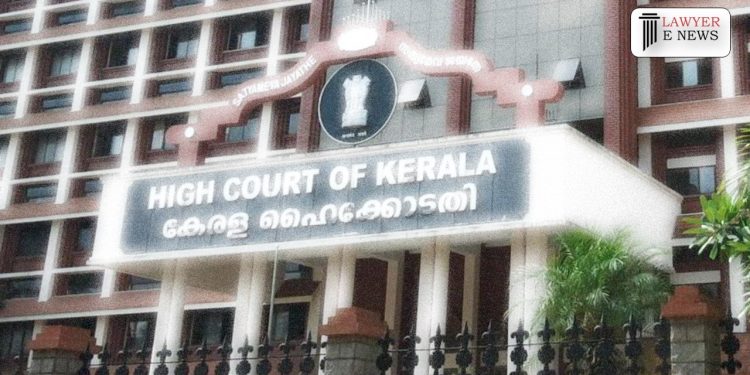-
by sayum
16 February 2026 8:46 AM



The Kerala High Court today dismissed the Regular Second Appeal No. 433 of 2022, underscoring the necessity of cogent and convincing evidence to prove an oral family settlement. The judgment delivered by the Honorable Mr. Justice A. Badharudeen emphasized that while an oral family arrangement does not necessitate registration, its establishment relies heavily on substantial evidence, a facet notably absent in the case at hand.
In this judgment, the court focused on the essentials of a family arrangement and the evidentiary requirements for its establishment. Specifically, it was held that while an oral family settlement is not required to be registered, proving its existence demands thorough and compelling evidence.
The dispute revolved around the right of way in property inheritance between two brothers, the appellant (defendant in the original suit) and the respondent (plaintiff). The plaintiff claimed a right of easement by necessity over a certain pathway, while the defendant contested this, citing an alleged oral family settlement involving an exchange of land parcels.
Essence of Family Arrangement: The court reiterated that a bona fide family arrangement can be oral, thus bypassing the requirement for registration. However, it stressed that such an arrangement must be proved with substantial evidence (Para 23-24).
Lack of Convincing Evidence for Family Settlement: In this case, the defendant’s claim of an oral family settlement exchanging specific property parcels was not convincingly established. The evidence provided, particularly by key witness DW2, was found lacking in terms of reliability and consistency (Para 18-24).
Right of Way Established for Plaintiff: The court upheld the trial court and appellate court’s finding that the pathway through the plaintiff’s property was legitimate and established, dismissing the defendant’s claim of an oral family settlement (Para 25-26).
The High Court dismissed the Regular Second Appeal, affirming the decisions of the trial court and the first appellate court. It concluded that the family arrangement, as contended by the appellant, was not satisfactorily established, and thus, the right of way as claimed by the respondent was found to be justified.
Date of Decision: April 5, 2024
Sandhyavu vs Peter
